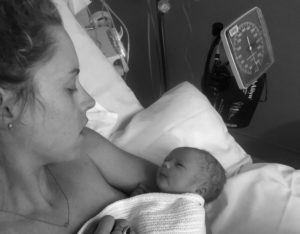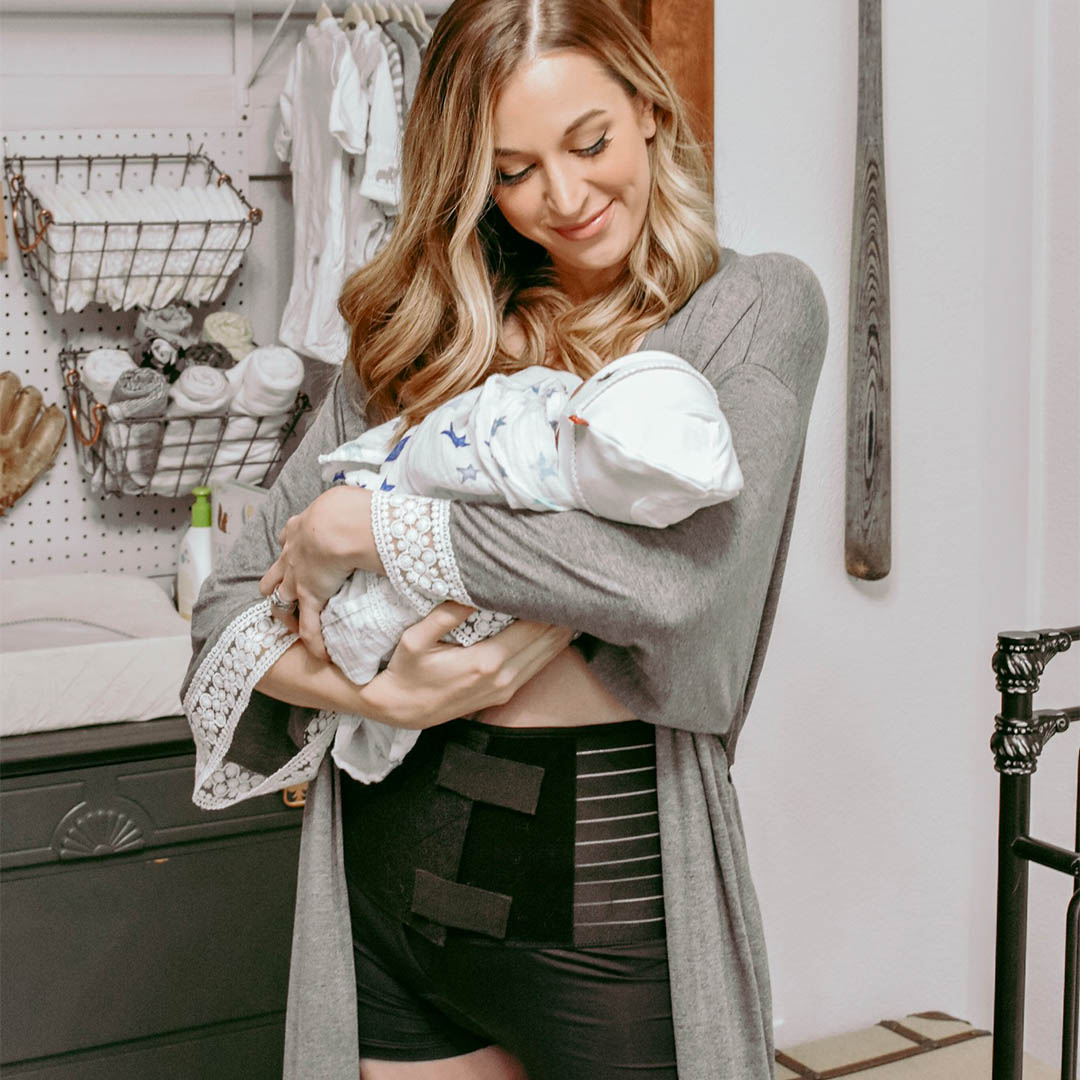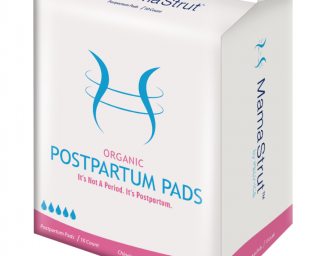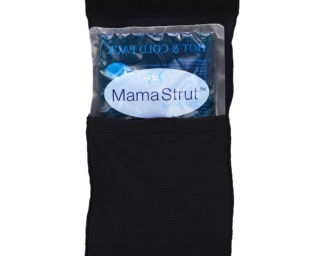
Does Postpartum Pain Put You at Risk for Depression?
New Research Shows Postpartum Depression May be Caused by Postpartum Pain
Childbirth is a natural process, but the resulting pain associated with delivery is leading researchers to conclude that the ties between postpartum depression and postpartum pain are stronger than previously thought.
A new study presented at the Anesthesiology 2018 conference states that pain specific to the postpartum phase is more directly linked to depression than pain felt during labor or delivery, no matter the birthing method (vaginal or cesarean).
Jie Zhou, M.D., M.B.A., lead author of the study and assistant professor of anesthesia at Brigham and Women’s Hospital and Harvard Medical School, reviewed pain scores (from the start of labor to hospital discharge) for 4,327 first-time mothers delivering a single child. The same women also took the Edinburgh Depression Scale test and had those scores compared against their pain score.
What Dr. Zhou and his team found that the higher the pain score, the higher the depression score. Particularly women who had c-sections produced higher scores. Pain medication like ibuprofen or Tylenol were requested more often by mothers who had high depression scores.
Other factors that could increase risk of depression include obesity; a torn perineum; history of depression or anxiety; and a lower APGAR score, which is the scale used to measure an infant’s health 1 to 5 minutes after birth.
Dr. Zhou noted that “While ibuprofen and similar pain medications are considered adequate for pain control after childbirth, clearly some women need additional help managing pain…We need to do a better job identifying who is at risk for postpartum pain and ensure they have adequate postpartum care.”
Accordant with our mission of providing postpartum support for all women, Mama Strut fully supports this sentiment.
Medication is Not Enough
Postpartum depression affects 1 in 9 women according to the Center for Disease Control, and risk factors include traumatic birth, a preterm baby, history of depression, or low social support. It is a serious condition that many women suffer through silently and alone. It shouldn’t be this way, but one of the symptoms of depression is feeling withdrawn and disconnected from those around you, perpetuating a vicious cycle of numbness and anger that causes many to not seek help. Depression of any kind can have lasting effects on the mom’s emotional well-being as well as the baby’s due to a lack of bonding.
This vital new research on the need for better pain awareness and management opens doors for understanding how to minimize or eliminate the postpartum depression before it even begins. So much mental and physical prep work is done for labor, but popular culture, along with our own healthcare system, by and large glosses over the pain of postpartum. Lives can literally be saved when this topic becomes a natural part of the conversation of maternal health.
If you or a loved one is suffering from postpartum depression, or any mental health issue. Please reach out to a professional







